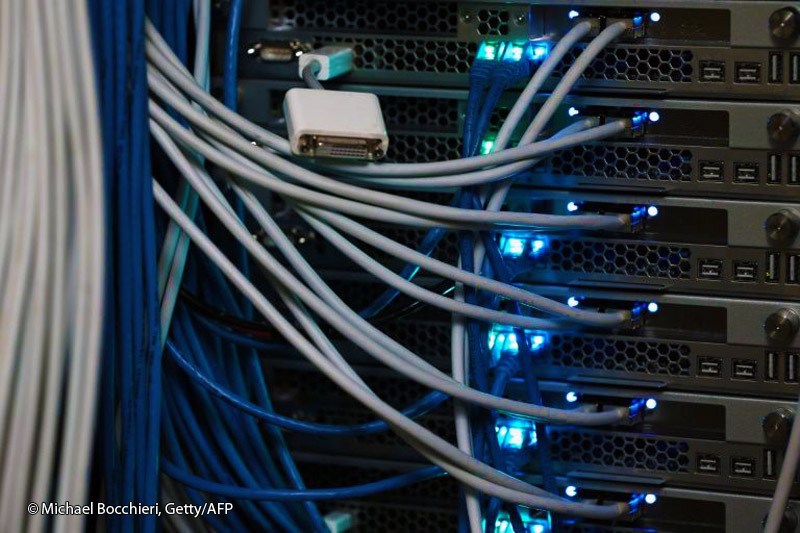Another operability outage has occurred and it is hitting customers hard. From Slack to Zoom, well-known services went down in February 2022 with users unable to do anything about it.
The problem is, this is not new. There have repeatedly been companies that have suffered blackouts, and vast swaths of the Internet go down for hours, including websites that are massive contributors to the economy.
Suggestions that the issue was connected to AWS in the media are, however, incorrect. A spokesperson for AWS told Digital Journal: “On February 22, 2022, there was no broad service issue with AWS. Our services were operating normally. The only resource on the internet that provides accurate data on the availability of our services is the AWS Service Health Dashboard.”
With the vast majority of data sitting in data warehouses owned by just three companies – AWS, Microsoft Azure, and Google Cloud – one big question arises: how can we overcome the single point of failure?
In this context, Marta Belcher, Chair of Filecoin Foundation and General Counsel at Protocol Labs, tells Digital Journal why “creating a new Web” through decentralization is the right thing to do.
Belcher advocates for a decentralized version of the Internet and how this directly connects with the constant outages we experience today.
Belcher explains: “The vast majority of data making up the websites we use every day sits in data warehouses owned by just three companies. We have repeatedly seen these companies suffer blackouts, and vast swaths of the Web go down for hours.”
She sees what has happened with the latest incident being another example of the problem with having single points of failure.
In terms of remediation, Belcher advises that she believes “you can create a better version of the Web if you create a decentralized version of the Internet; combining the storage capacity and computing power of many devices into a supercomputer-like network, and storing multiple copies of data across those devices.”
There are other advantages too, says Belcher: “On this decentralized version of the Internet, websites will stay up even if some nodes fail, and the availability of information is not dependent on any one server or company. This provides a more robust platform for humanity’s most important information.














